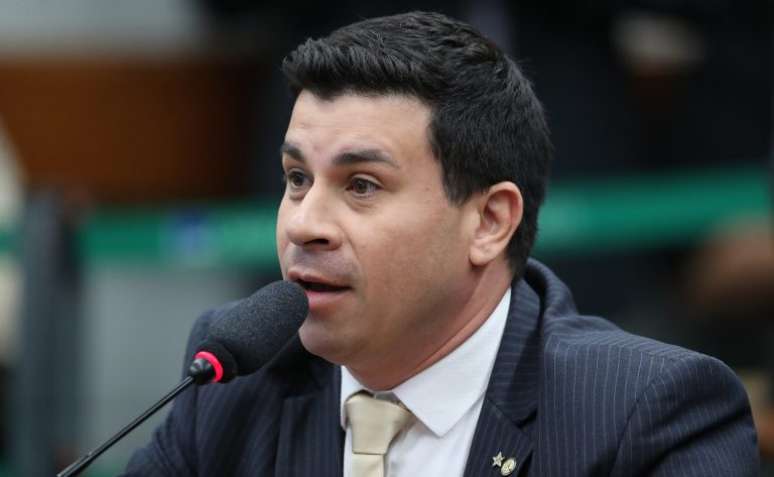The approved bill will still be analyzed by the Plenary of the Chamber
The Constitution, Justice and Citizenship Commission (CCJ) of the Chamber of Deputies has approved a proposal that creates the National Solidarity Economy Policy (PNES) and the National Solidarity Economy System (Sinaes), as well as regulating businesses of this type.
The rapporteur, MP Carlos Veras (PT-PE), recommended the approval of substitute from the Senate to bill 6606/19 (previously approved in the Chamber with the number 4685/12), by the authorized deputy Paolo Teixeira, current Minister of Agrarian Development. The proposal still depends on the analysis of the plenary.
Guidelines
The approved text defines the solidarity economy as the activity of organizing the production and marketing of goods and services, consumption and credit, in compliance with certain principles – such as self-management and fair trade – and fair distribution of collectively produced wealth.
According to the deputy of the Senate, among the guidelines and objectives defined in the PNES for solidarity economy companies include democratic management, cooperation between companies, setting prices according to the principles of fair trade and fair distribution of results.
The initiative also creates the National Register of Solidarity Economic Enterprises, which will identify solidarity economic enterprises for access to public policies.
MP Carlos Veras explained why he believes the solidarity economy is important. “We have more than 20 thousand businesses in the solidarity economy, which will be able to have access to this national policy, which will be able to have the support of the government. People must understand that this is what governments are for”, the MP said.
Veras also stressed that those who need public policies most are the poorest “because the rich will attend private schools, they will have their own health plan, they will compete in the large market. The solidarity economy exists, it promotes local development, it helps people improve their income”, He said.
Requirements
To enter future national politics, the solidarity economy enterprise must meet a number of requirements, including self-management, transparent and democratic administration and the sovereignty of assemblies.
These enterprises must also directly involve their members in achieving their social objective, and the financial results must be distributed according to a collective decision.
Sinaes will be responsible for the implementation, monitoring and evaluation of the PNES. Sinaes will bring together public bodies and entities such as the National Union of Cooperative Solidarity Organizations (Unicopas) and the Organization of Brazilian Cooperatives (OCB).
Report originally published in Agência Câmara de Notícias
Source: Terra
Rose James is a Gossipify movie and series reviewer known for her in-depth analysis and unique perspective on the latest releases. With a background in film studies, she provides engaging and informative reviews, and keeps readers up to date with industry trends and emerging talents.






